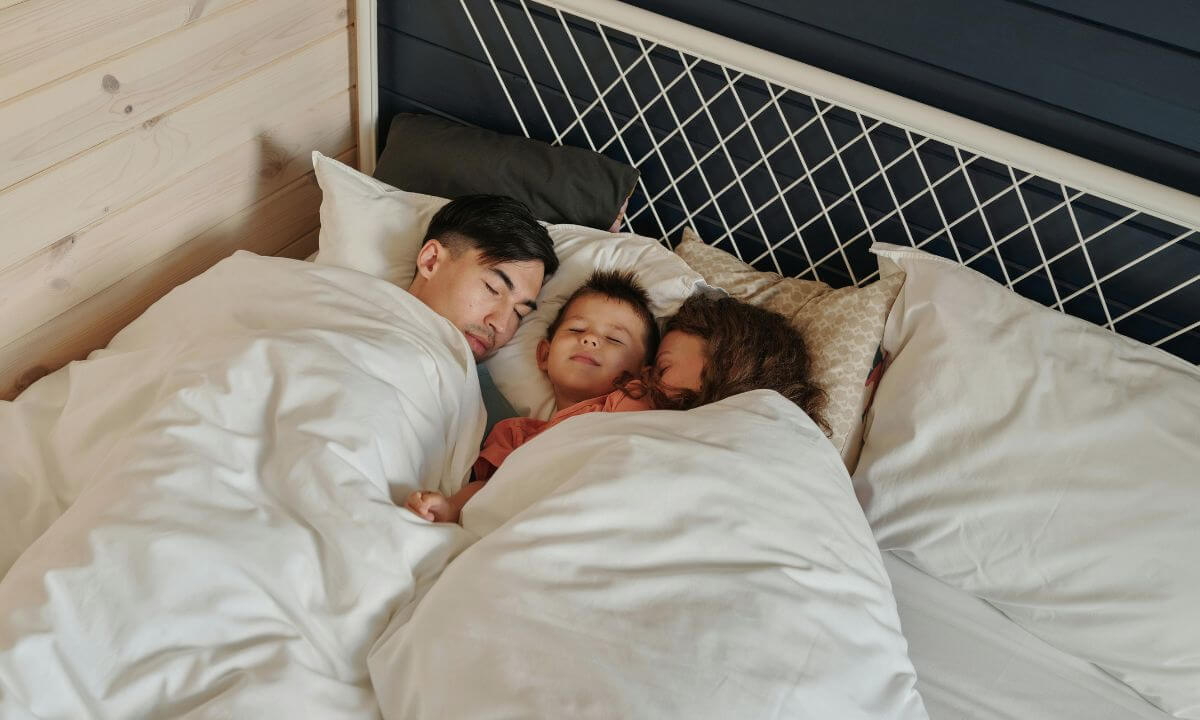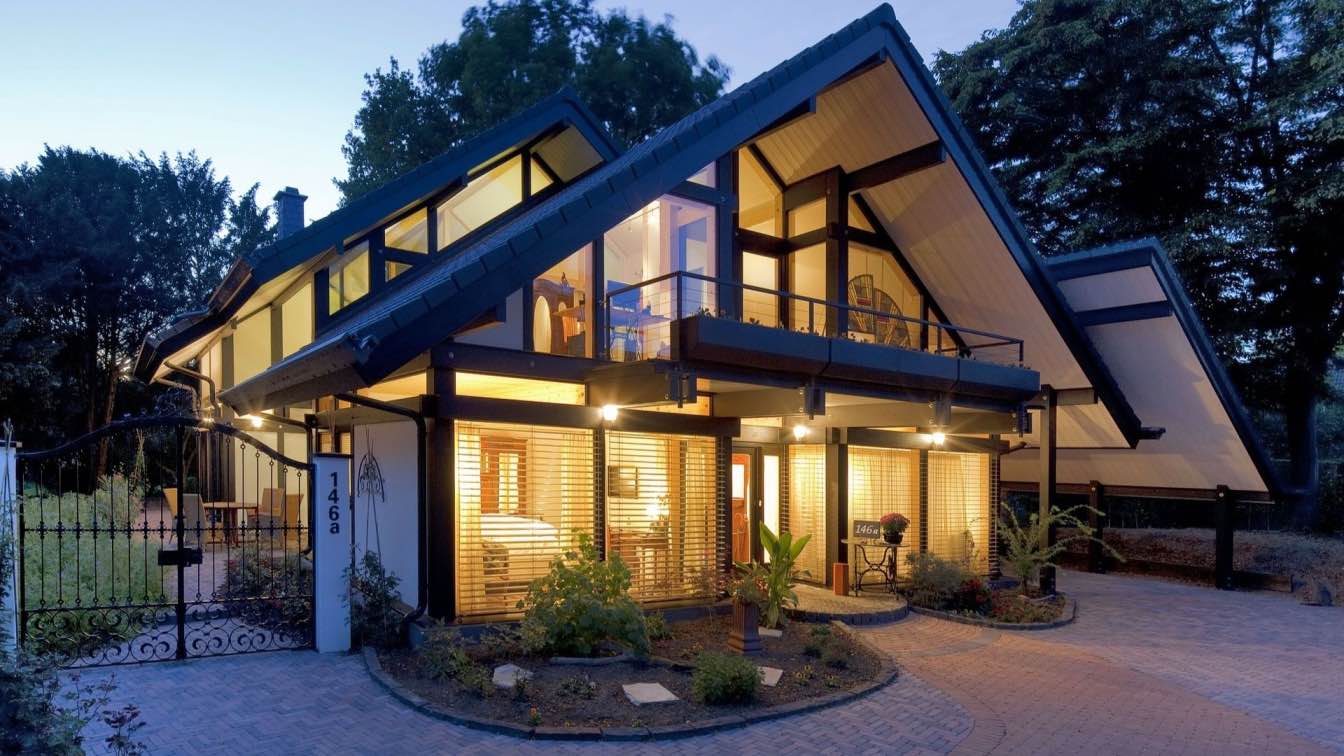My neighbor told me something funny last week. He said his wife puts on a winter coat inside their house during summer because he keeps the AC cranked up. Meanwhile, he's walking around in shorts and a t-shirt, perfectly comfortable. But it does sound familiar, doesn't it?
Well, you might think it's just a matter of different comfort preferences. But no, it's about how most homes have a single thermostat controlling the temperature throughout the entire house. Your heating and cooling system treats your entire house like one big room, which creates all sorts of problems.
What's Zoned Climate Control?
Think about your car. You can set different temperatures for the driver and passenger sides, right? Zoned climate control does the same thing for your house.
Instead of one thermostat running everything, you get separate controls for different areas. Maybe the bedrooms are one zone, the living room is another, and the basement is a third. Each zone has its own thermostat, allowing everyone to set their space to their desired temperature.
Why This Actually Matters
Here's what most people don't think about: your house naturally has hot and cold spots. Heat rises, so upstairs is usually warmer. Rooms with big windows get hotter in summer. Basements stay cool. However, your single thermostat is unaware of any of this.
Let's say your thermostat is downstairs, and you set it to 72°F. Your system will keep running until that downstairs area hits 72°F. But by then, upstairs might be 76°F, and your basement is still 68°F. Nobody's actually comfortable.
With zones, you can set upstairs to 70°F, downstairs to 72°F, and maybe not even condition the basement if nobody uses it. Everyone gets what they want.
The Money Part
I'll be straight with you - zoned systems cost more upfront. But they usually save you 20-30% on energy bills because you're not heating or cooling spaces you're not using.
Think about it: why heat your guest bedroom when nobody's staying over? Why cool the kids' rooms during school hours? A zoned system lets you turn off areas you're not using, kind of like how you turn off lights in empty rooms.
Plus, your HVAC equipment lasts longer because it's not working as hard. Instead of running constantly to keep the whole house at one temperature, it runs shorter cycles for specific areas.
The Foundation of HVAC Nobody Talks About
Here's something important that most articles skip: your ductwork and air sealing matter just as much as the fancy zone controls.
Your ducts are like highways for air. If they're leaky, poorly designed, or the wrong size, even the best-zoned system won't work right. It's like having a sports car with flat tires.
Most older homes have ductwork designed for single-zone systems. You might need some upgrades to make zoning work properly - things like properly sized ducts and better air distribution.
Internal sealing is huge, too. If air leaks between zones through gaps around outlets, doors, or other openings, your careful temperature control gets messed up. Cold air from one zone mixes with warm air from another, and suddenly, nothing works like it should.
The Smart Home Connection
Modern zoned systems can learn your schedule. Some will start warming up the kitchen before you usually wake up, or automatically turn down unused areas when you leave for work.
You can control everything from your phone, set schedules for different days, and even have the system adjust based on weather forecasts. It's not essential, but it's pretty convenient once you get used to it.
What Installation Actually Looks Like
Converting to zones usually means adding motorized dampers to your existing ductwork, installing zone control panels, and putting in new thermostats for each zone. Sometimes, you can use your existing HVAC equipment; sometimes, you need upgrades.
The whole thing typically takes a few days and costs more than a regular system replacement. But most people see payback within 5-7 years through energy savings, and the comfort improvement is immediate.
So, Should You Do It?
Zoned systems make sense if you have a multi-story house, rooms that are hard to heat or cool, or family members who want different temperatures. They're also great if you have spaces you don't use regularly.
They're probably overkill for small, single-story homes where temperatures stay pretty consistent throughout.
The Real Deal
Look, zoned heating and cooling isn't magic. It's just a smarter way to condition your house that matches how you actually live. Instead of treating your home like one big box, it recognizes that different spaces have different needs.
The thermostat wars in your house aren't really about temperature - they're about everyone wanting control over their comfort. Zoned systems give everyone that control while saving energy and money. Not a bad deal.





